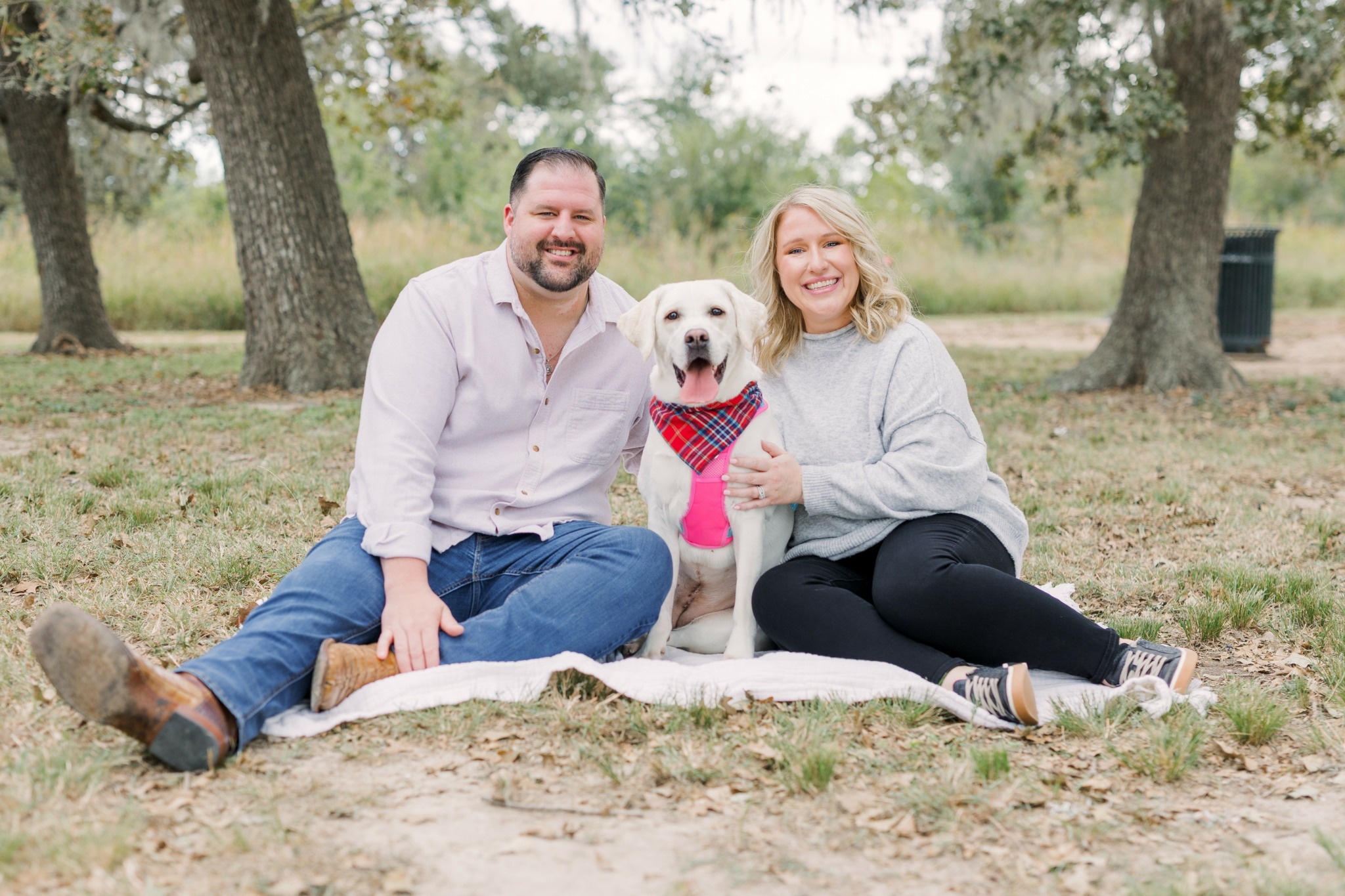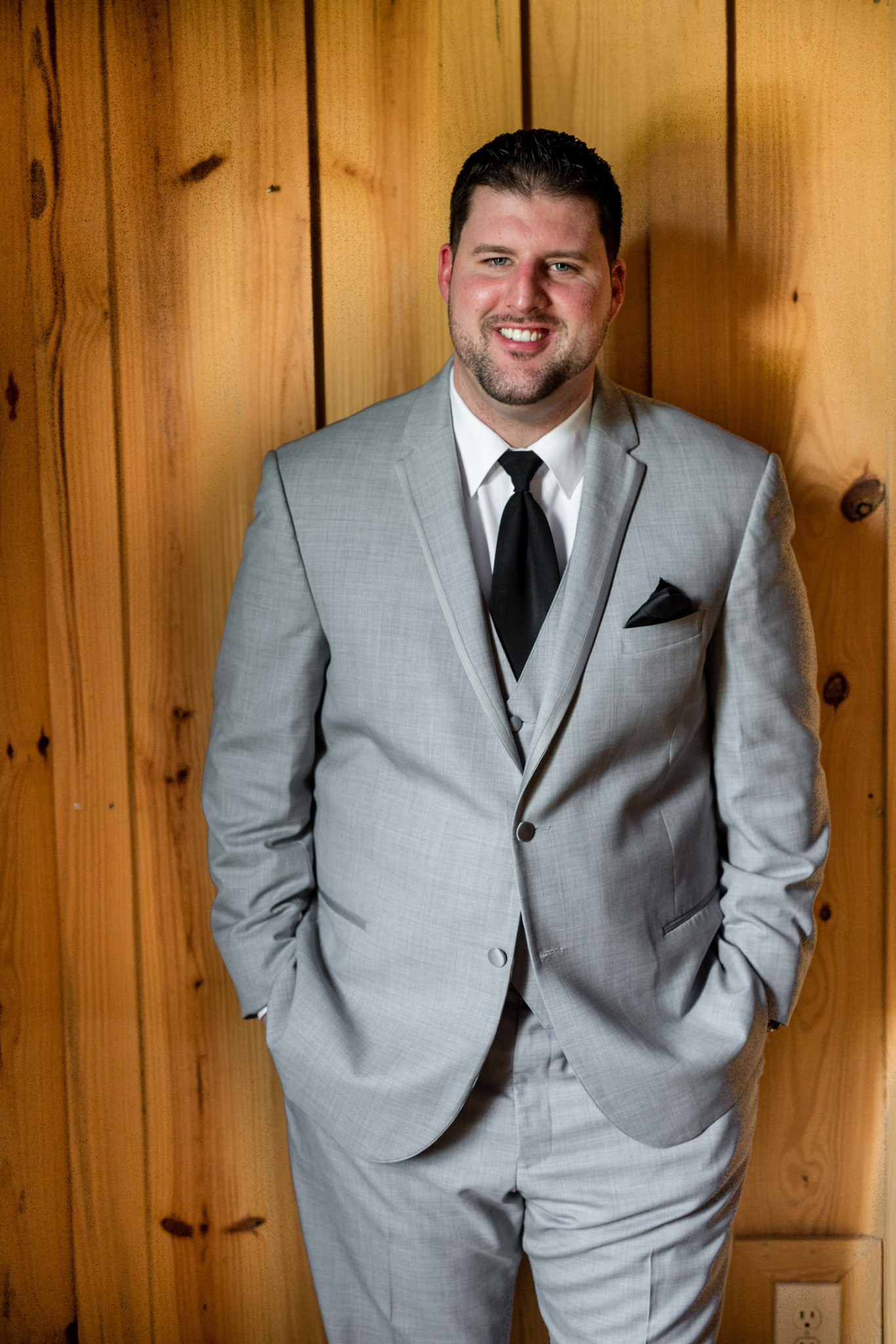We recently connected with Ryan Kasperek and have shared our conversation below.
Ryan , appreciate you joining us today. It’s always helpful to hear about times when someone’s had to take a risk – how did they think through the decision, why did they take the risk, and what ended up happening. We’d love to hear about a risk you’ve taken.
For most of my adult life, I never truly believed I could be successful without a college degree. That mindset held me back—I told myself I needed to follow a traditional path before I could really “make it.” For over a decade, I worked in the fire and EMS field, committed to serving others but silently questioning if I had what it took to pivot, to chase something that lit me up personally and professionally.
Then, during the chaos of COVID-19, I took a risk—not just career-wise, but on myself. I leaned into what I was naturally passionate about: connecting with people, building relationships, and solving problems in real time. That leap led me into the logistics industry—an arena I had no formal training in, but one that quickly became my proving ground. During one of the most unpredictable times in global supply chain history, I learned everything I could. I asked questions, stayed curious, and got my hands dirty.
What started as a risk became a transformation. I gained hard-won industry experience, expanded my skillset, and discovered a deeper confidence in myself. That foundation has launched me into a new chapter—managing larger accounts, navigating the shift from domestic to international logistics, and watching my relationship-building skills drive real results every single day. Taking that risk changed everything. It didn’t just shape my career—it redefined how I see my own potential.
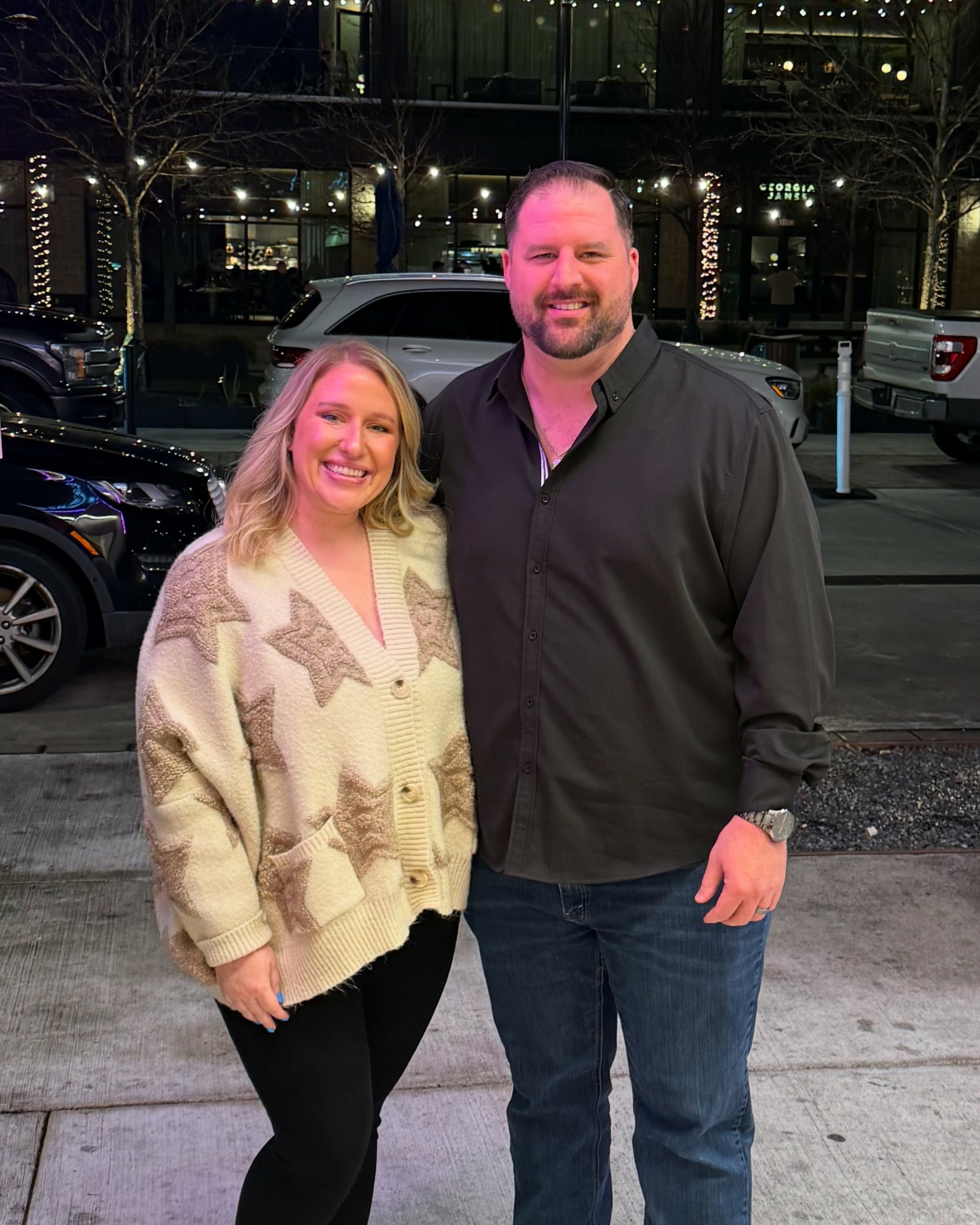
Ryan , love having you share your insights with us. Before we ask you more questions, maybe you can take a moment to introduce yourself to our readers who might have missed our earlier conversations?
I’ve spent the last four years immersed in the fast-paced, high-stakes world of supply chain management. I didn’t grow up thinking I’d end up in logistics—but once I stepped into the industry, I quickly realized it was exactly where I was meant to be. I became fascinated by how products, people, and processes connect to keep the world moving. That curiosity pushed me to dive deep—not just into freight, lanes, and modes—but into human behavior, decision-making, and what truly drives a business forward.
What I do each day goes beyond coordinating shipments or quoting freight. I work directly with clients—ranging from small businesses to multi-million-dollar operations—to understand the “why” behind their supply chain struggles. Is it financial pressure? Poor structure? A lack of visibility? I pride myself on being more than just a vendor—I aim to be a true consultant and partner. I build personal relationships that allow me to become an extension of my client’s business, aligning with their goals and helping them create systems that drive efficiency, profitability, and growth.
What sets me apart is my ability to blend empathy with execution. I’m not afraid to have the tough conversations or dig into the data, but I also never forget that behind every shipment, every spreadsheet, and every tough decision—there are people. I’m proud of the reputation I’ve built as someone who leads with heart, who shows up consistently, and who treats every client’s success like it’s my own.
To anyone getting to know me: I want you to understand that I’m a real person, who knows that work is hard, decisions are complex, and collaboration is essential. I believe success takes a team, a plan, and a willingness to keep showing up when things get tough. That’s who I am—and that’s what I bring to the table, every single day
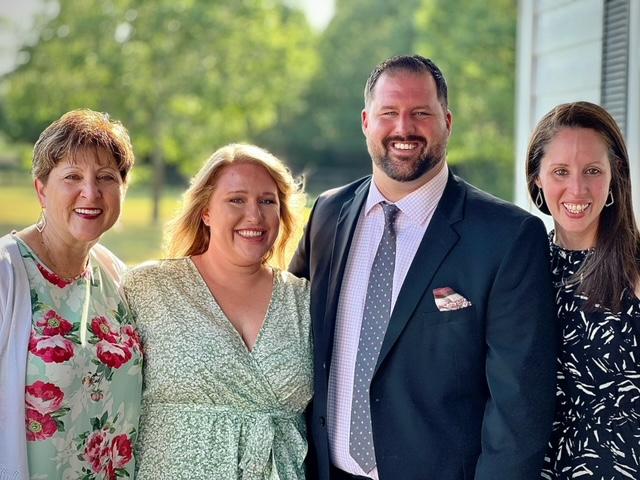
How’d you build such a strong reputation within your market?
I believe my reputation in the market has been built on a foundation of consistency, transparency, and a genuine commitment to relationships over transactions. I’ve never approached logistics as just moving freight—I’ve treated every interaction as an opportunity to build trust, solve a real problem, and add measurable value. That mindset has allowed me to position myself not just as a service provider, but as a strategic partner.
What’s helped me grow market share and eliminate waste is my ability to listen deeply, understand what’s really slowing my clients down—whether that’s inefficiencies, lack of visibility, or internal misalignment—and offer practical, data-driven solutions tailored to their unique needs. I’ve leveraged my communication skills, industry knowledge, and emotional intelligence to connect with decision-makers on a human level, which has opened the door to long-term, mutually beneficial relationships.
By being honest about what I can deliver, staying proactive, and always following through, I’ve earned trust. And in this industry, trust is currency. That trust is what’s allowed me to grow accounts, increase share, and build a reputation that speaks for itself.
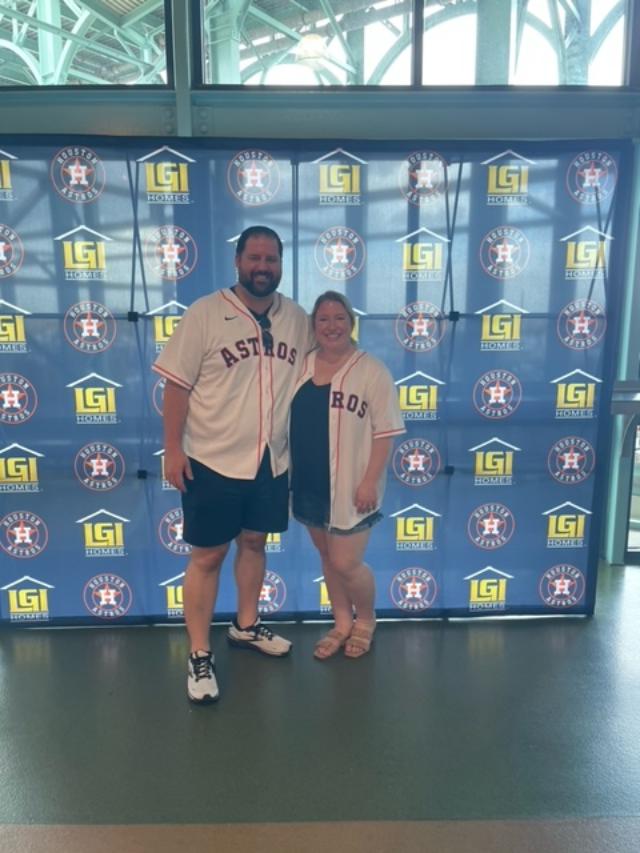
Have any books or other resources had a big impact on you?
Reading Good to Great by Jim Collins was a turning point in how I approach both business management and my own entrepreneurial journey. One of the most impactful lessons for me was the concept of getting the “right people on the bus.” It made me realize that success isn’t just about strategy—it’s about people. Since then, I’ve been intentional about aligning myself with teams, clients, and collaborators who share a common vision and values, because without the right people, even the best ideas can fall flat.
Another concept that really stuck with me is the Hedgehog Principle—finding the intersection of what you’re passionate about, what you can be the best at, and what drives your economic engine. That principle helped me reframe how I define success and where I focus my energy. It pushed me to lean into the parts of my work I love—building relationships, solving problems, and creating structure—and to pursue those with both passion and purpose.
In my day-to-day role, these ideas show up in how I lead with clarity, seek alignment with clients, and think long-term rather than chasing quick wins. As someone who’s building a career while also nurturing an entrepreneurial spirit, Good to Great has grounded me in the belief that greatness is a process. It’s not about being flashy—it’s about being consistent, disciplined, and driven by something deeper than just profit.
That book didn’t just inspire me—it gave me a playbook. And I revisit it often as I keep working toward building something that matters.
